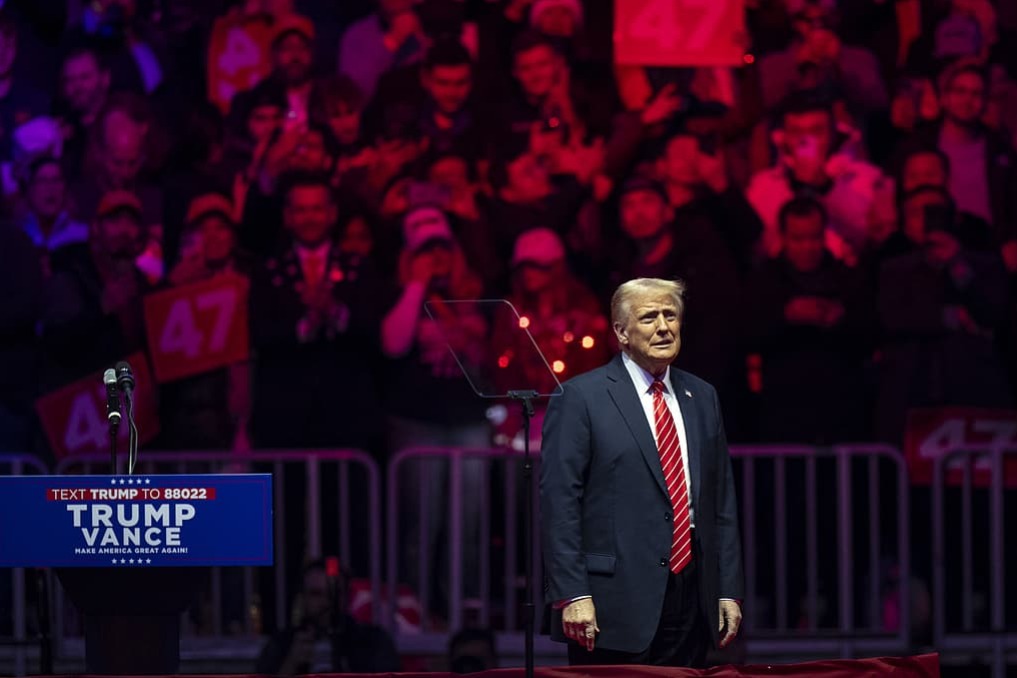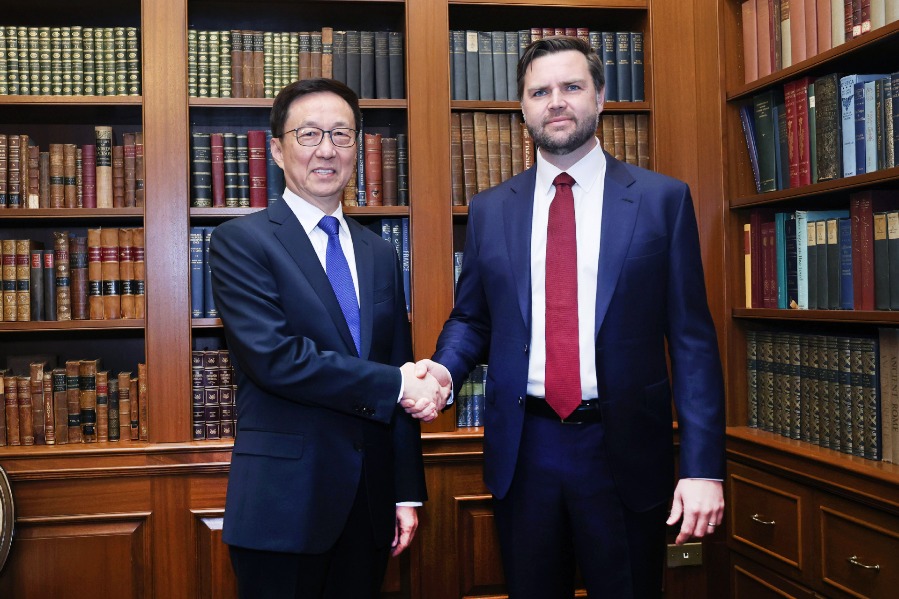Benefits of wider Canada-China ties seen

Canada doesn't have to sacrifice its values to pursue interests with China and vice versa, according to a Canadian tech executive and president of Alibaba Group.
"You just can't expect China's going to adopt your values, and I think this is particularly a problem," J. Michael Evans told a virtual business forum hosted by the Canada China Business Council recently.
"In the West, when they look at China, they say China doesn't do the right things that the West wanted. But China is not trying to get you to adopt their values, so you shouldn't try and get them to adopt your values," said Evans.
Evans has been with Alibaba since 2015, where he leads and executes the group's international strategy for globalizing and expanding its businesses outside of China. He also works to forge close partnerships with key brands, retailers and product owners in Europe, the Americas and Asia to help them connect to the large China consumer market.
As a senior manager who has worked for multinational organizations and their interests all over the world, Evans said there's a wide diversity of values among countries, but they should find a way to navigate that so they can pursue their interests.
"I think another mistake that the West countries make is not having a holistic strategy," he continued. "For the relationship with China, a lot of them just focused on trade. But there are so many other opportunities in education, healthcare, tech, innovation, capital investment, infrastructure and the environment. Those are all things that China cares about, too."
"I also have more faith in humanity globally and rational understanding of what needs to be done in order for the two largest countries in the world not to wreck the opportunity for everybody else, including Canada. So, I'm cautiously optimistic, notwithstanding the challenges that are in front of us," said Evans.
Looking deeper into the 2020s and a different age of Canada-China relations, Evans stressed that China's going to probably be one of the most significant players in Canada's future.
"I think as I have for a long time, then the US will always be important. But in many respects, Canada needs China as an offset to the US. And they're perfectly positioned to take advantage of that. So, what has to happen is the country needs to define the relative strategic importance of China to Canadians," Evans added.
Mark Wiseman, chair of Alberta Investment Management Corp, said it is mistaken to suggest that an economic wall be put up between Canada and China after the case of Huawei Technologies Co Ltd CFO Meng Wanzhou in Vancouver and that of two Canadians in China.
"Because first of all, I think we would harm ourselves as much as [we would harm] anybody else. Secondly, I think more connection is better than less connection, and there's a mutual interest," said Wiseman, a Canadian investment manager.
From an investment perspective, Canada has a small capital base, representing only about 2.5 percent of global capital markets. For that reason, Canada needs to seek opportunities for its capital, according to Wiseman.
"And I would argue that, in fact, today, investing in China is probably even more important for Canadians and Canadian institutions than it has been in the past," Wiseman said. "We need to attach not just to the debt growth that is represented by China, not just to the fact that it will be the largest economy in the world. It is peril to decouple our economy from China."
There have been many calls in Canada to boycott the 2022 Winter Olympics in Beijing amid the recent diplomatic tensions and the COVID-19 pandemic, although such an action doesn't appear to have political momentum.
"I don't believe we should be using Olympic Games as a political tool. ... I think Olympic Games are for our best athletes to compete on the world stage," Wiseman added.

































